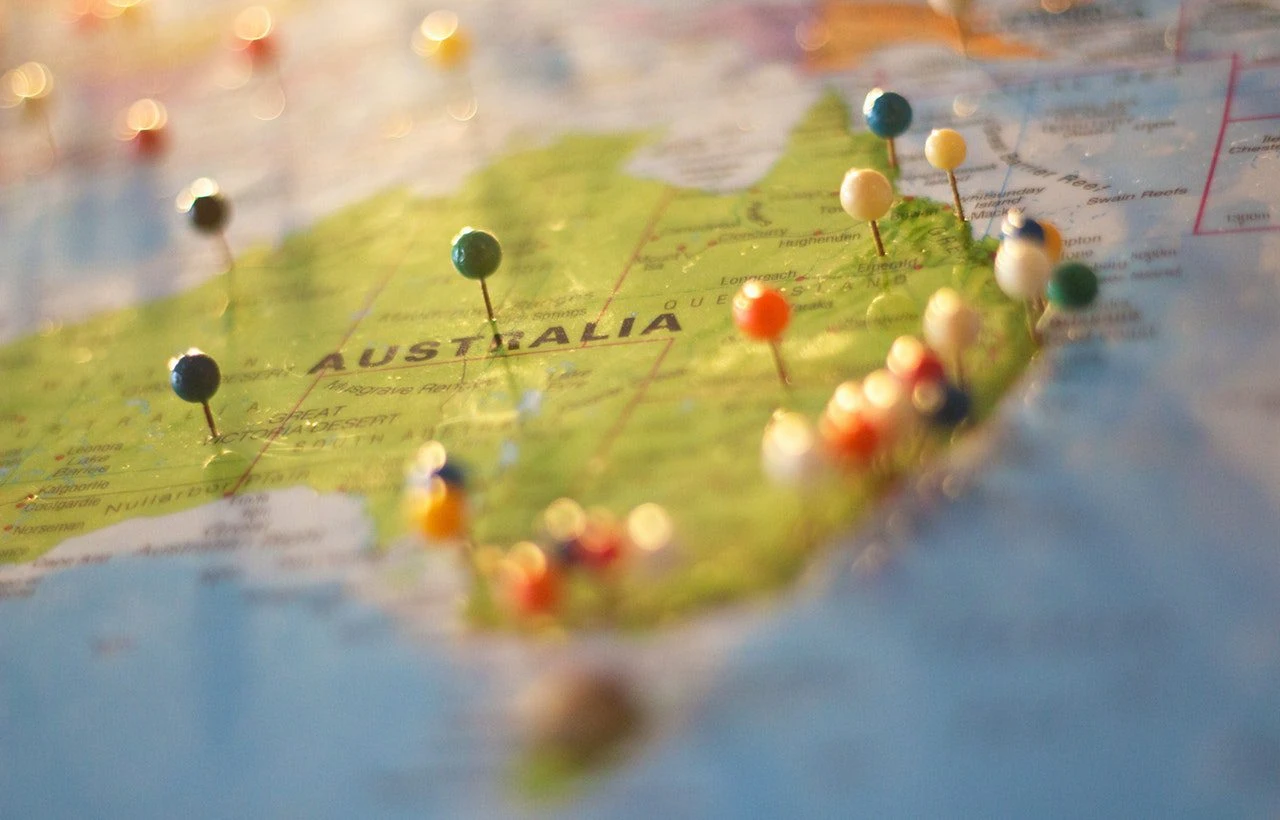RWA again hits out at “persistent myths” of Covid-19 gambling surge

In a message intended to coincide with GambleAware Week, Jackson said it was important to “revisit the facts” surrounding Australian gambling and problem play.
Jackson said that while a large number of Australians gamble, the vast majority do so safely thanks to “world leading” consumer safeguards.
He wrote that one frequent myth he has seen is the claim that online betting is more harmful than its retail equivalent.
“These claims have been discredited by independent academic research, yet activists resist the evidence as it doesn’t suit their world view,” he said.
In addition, Jackson yet again addressed the claim that online betting has “surged” as Australia was affected by the novel coronavirus (Covid-19) pandemic.
In July, he wrote that claims of an online gambling surge based on consumer credit data were inaccurate and “alarmist”. These failed to account for the sharp drop in retail betting spend, with the real increase in online spend more or less in line with other retail-focused industries, he said.
His latest communication, Jackson reiterated these claims and said the concept of an online gambling surge was a “myth peddled by activists”.
Jackson instead pointed to research by the University of Sydney, which showed almost 75% of people reported gambling less frequently during the shutdown, while most respondents said their gambling problems decreased over the shutdown.
Finally, Jackson said that these activists would do more good if they looked instead to combat unlicensed operators, as these operators are not required to follow the same consumer protection requirements as their licensed equivalents. These operators, he said, would be a “worthy target” of focus during GambleAware week.
“Instead of denying the evidence in order to keep pushing their moral opposition to gambling, Australians would be better served by activists turning their attention to encouraging Australians to gamble responsibly and supporting the strong consumer protections offered by Australia’s closely regulated online bookies,” he said.
“As these pirate websites are totally unregulated their games can be accessed with absolutely no verification or identity checks. This is a real and pressing risk to consumer safety, especially when they freely and aggressively advertise online and across social media to the Australian market.”
Last week, Jackson criticised research from the AGRC, which included a survey of 2,019 gamblers and claimed that 79% of respondents were classified as being at risk of, or already experiencing, gambling-related harm.
This 79% figure, Jackson said, was so high as to cast clear doubts on the rest of the study and “automatically sets the survey up for skewed results”.
